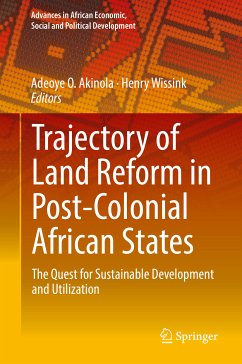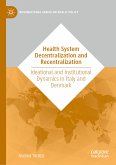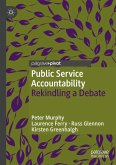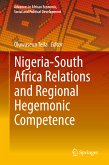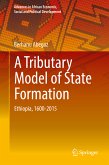This book is an examination of post-colonial land reforms across various African states. One of the decisive contradictions of colonialism in Africa was the distortion of use, access to and ownership of land. Land related issues and the need for land reform have consistently occupied a unique position in public discourse in Africa. The post-colonial African states have had to embark on concerted efforts at redressing historical grounded land policies and addressing the growing needs of land by the poor. However, agitations for land continue, while evidence of policy gaps abound. In many cases, policy change in terms of land use, distribution and ownership has reinforced inequalities and affected power and social relations in respective post-colonial African countries. Land has assumed major causes of structural violence and impediments to human and rural development in Africa; hence the need for holistic assessment of land reforms in post-colonial African states. The central objective of the text is to identify post-independence and current trends in land reform and to address the grievances in relation to land use, ownership and distribution. The book suggests practicable policy options towards addressing the land hunger and conflict, which could derail the 'moderate' socio-economic achievements and political stability recorded by post-colonial African nation-states. The book draws its strength and uniqueness from its adoption of country-specific case studies, which places the book in context, and utilizes field studies methodology which generate new knowledge on the continental land question. Taking a holistic approach to understanding Africa's land question, this book will be attractive to academicians and students interested in policy and development, African politics, post-colonial development and policy, and conflict studies as well as policy-makers working in relevant areas.
Dieser Download kann aus rechtlichen Gründen nur mit Rechnungsadresse in A, B, BG, CY, CZ, D, DK, EW, E, FIN, F, GR, HR, H, IRL, I, LT, L, LR, M, NL, PL, P, R, S, SLO, SK ausgeliefert werden.
Hinweis: Dieser Artikel kann nur an eine deutsche Lieferadresse ausgeliefert werden.

